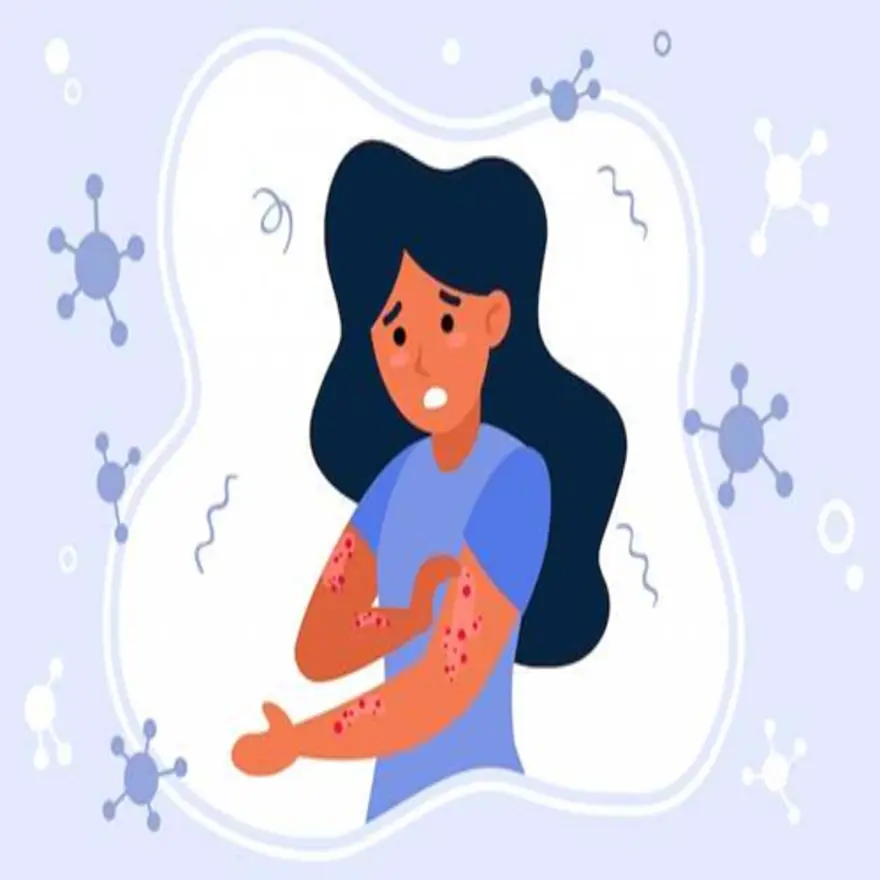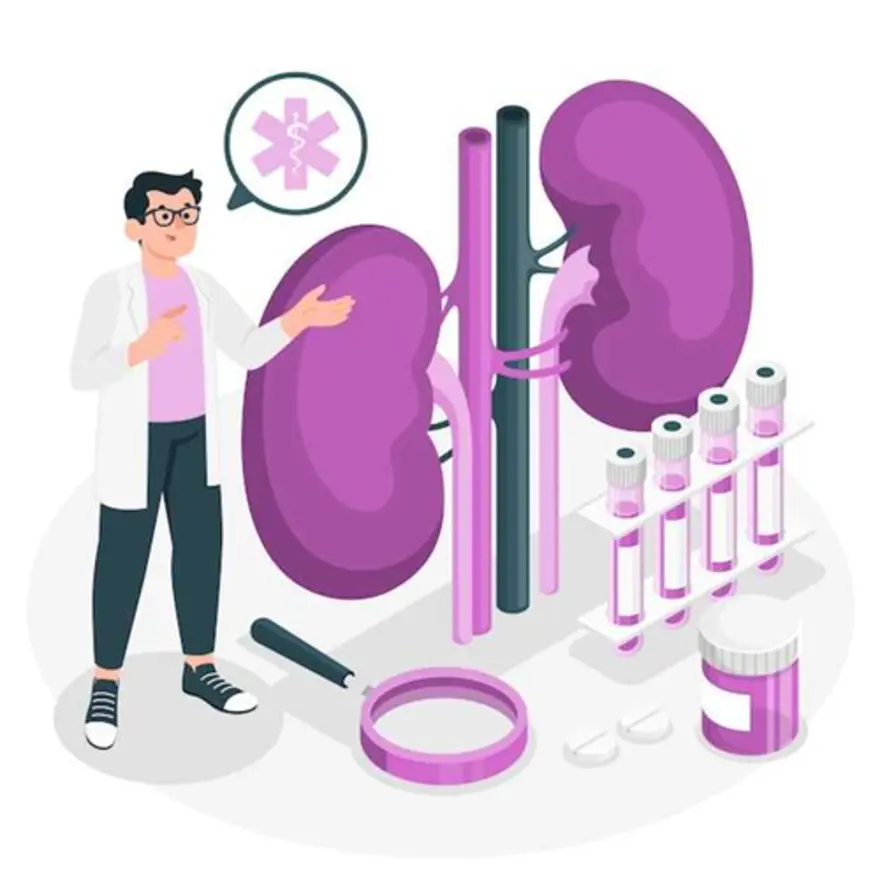Preventive Healthcare
Negative Effects Of Excessive Alcohol Use – Metropolis Expert Explains
4463 Views
0

When used in excess, alcohol can cause slurred speech, lack of motor control, and rage. When it develops into an addiction, it can even ruin a person's life and result in losing a career, going without a job, and loss of support from the family. Aside from liver and renal failure, vitamin deficiencies can also manifest as health problems in those who drink too much alcohol.
Since the beginning of time, alcohol has been consumed in a variety of ways. Alcohol is produced by fermenting barley, fruits, and other sources of sugar. However, it is now more widely available in urban areas.
Alcohol provides therapeutic benefits in moderation, according to Dr. Anita Suryanarayan M.D. (Path), Vice President & Quality Assurance (South SBU), Metropolis Healthcare Ltd. It has many uses, including as an antiseptic, disinfectant, and antidote in medicine. For instance, surgeons administer alcohol to the skin before surgery or a needle stick to help sterilise the region. In the form of ethanol, alcohol is also employed as a sanitizer, saving lives during the COVID-19 pandemic.
Numerous studies have also demonstrated a decreased risk of heart disease, stroke, diabetes, and some cancers in people who regularly consume a small amount of alcohol. In extremely cold climates, the body is also warmed by it.
While it might be helpful in moderation, excessive alcohol intake has several negative health effects.
Alcoholism is a well-known habit. Functions are impaired as the blood alcohol level rises. These may consist of:
- Diminished inhibitions
- Motor dysfunction
- Confusion
- Memory issues
- Breathing and attention issues
Effects Of Excessive Alcohol Consumption In The Short Term
Even while these are transient consequences, more grave problems including accidents and loss of inhibitions that affect social conduct, including suicide and homicide, can also happen. As a result, alcohol is prohibited in several nations due to moral and religious as well as health reasons. In India, drinking alcohol has also been outlawed in some states. Driving is prohibited after consuming a specific amount of alcohol because there is a lack of control.
Effects Of Heavy Alcohol Consumption Over Time
Long-term use also has negative health impacts on the liver, kidneys, digestive, and brain systems, as well as vitamin deficiencies. Additionally, symptoms of anxiety, hypertension, a weaker immune system, and memory and attention issues that influence daily living are noticed.
Investigations in Alcoholism
Although it is at the acute stage, blood alcohol levels can be monitored. Three substances—ethanol, ethyl glucuronide (EtG), and ethyl sulfate (EtS)—are the most precise indicators for identifying acute alcohol exposure. Samples that may be taken include:
- Oral fluid: Has a good correlation with blood alcohol levels and is simple to collect.
- Urine: The easiest material to collect and analyse for drug-of-abuse testing is urine, which is why it is utilised the most frequently. Numerous testing can be carried out locally. Urine, however, is prone to contamination and dilution and is not the best indicator of usage.
- Hair: Because drugs can linger in the hair for a long time, hair can also reveal past drug usage, albeit testing cannot differentiate between different amounts of alcohol consumption.
- Sweat: Has a higher degree of sensitivity and accuracy than other specimen kinds, although testing is less feasible.
- Blood: The best proof of drug use and corresponding levels is found in blood. Instead of routine screening, it is more suited to clinical and emergency toxicological situations.
Additionally, tests have been developed to monitor alcohol's long-term effects, such as:
- Complete blood count (CBC)
- Kidney function tests such as blood urea nitrogen, creatinine, uric acid
- Glucose
- Liver function tests, especially GGT, and liver enzymes
- Cholesterol and complete lipid profile as the metabolism gets affected
- Iron, ferritin and vitamin B levels
- Thyroid function tests
- Calcium
To Sum Up
As the body begins to heal and the effects of alcohol start to diminish, these tests assist in monitoring the evolution of diseases and their impact on the organs.























 WhatsApp
WhatsApp